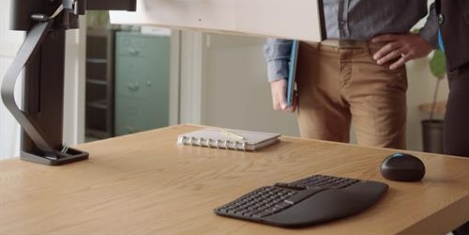October 6, 2022
Wellbeing and business success are directly connected, study claims
 A new report from Gallup, sponsored by Workhuman, claims that a set of wellbeing measures can help mitigate a $322 billion cost of employee turnover and lost productivity worldwide. The report- Amplifying Wellbeing at Work and Beyond Through the Power of Recognition, claims to identify connections between employee wellbeing and overall company growth and success. The study of more than 12,000 employees across 12 countries claims that when employees are recognised at work, they are up to 10 times as likely to strongly agree that they ‘belong’ at the organisation. Employees who lack a strong sense of belonging are up to twelve times as likely to be disengaged and five times as likely to be looking for another job. More →
A new report from Gallup, sponsored by Workhuman, claims that a set of wellbeing measures can help mitigate a $322 billion cost of employee turnover and lost productivity worldwide. The report- Amplifying Wellbeing at Work and Beyond Through the Power of Recognition, claims to identify connections between employee wellbeing and overall company growth and success. The study of more than 12,000 employees across 12 countries claims that when employees are recognised at work, they are up to 10 times as likely to strongly agree that they ‘belong’ at the organisation. Employees who lack a strong sense of belonging are up to twelve times as likely to be disengaged and five times as likely to be looking for another job. More →
























 The current debate about how much space we will need in the office from now on is not new. As with many of the debate’s facets, the point at which we find ourselves has long been our destination. We’re just here earlier than we might have expected.
The current debate about how much space we will need in the office from now on is not new. As with many of the debate’s facets, the point at which we find ourselves has long been our destination. We’re just here earlier than we might have expected. 









September 30, 2022
There is no F in work
by James Woudhuysen • Comment, Flexible working, Wellbeing, Workplace design
More →